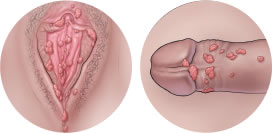Genital Warts – Causes, Signs & Treatment
If you’re sexually active and are immune to sexually transmitted infections (STIs), think again! While practising safe sex is important for preventing unwanted pregnancies and STIs, there’s one infection that’s so common, you may have already contracted it without even knowing.
That’s right! We’re talking about genital warts caused by HPV, the most common STI. If you hadn’t known yet, 8 out of 10 sexually active adults contract HPV at some point of their lives which can cause genital warts. So, if you want to be fully sexually aware, keep reading to learn more about what causes genital warts, their symptoms and how to get rid of them for good.
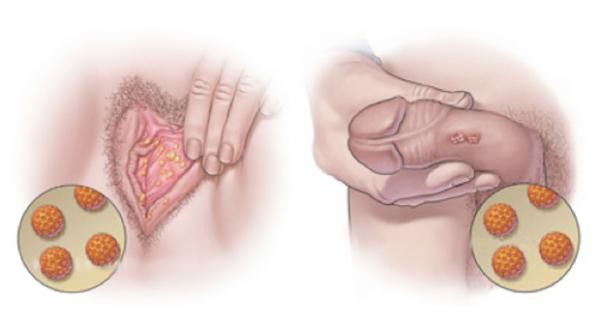
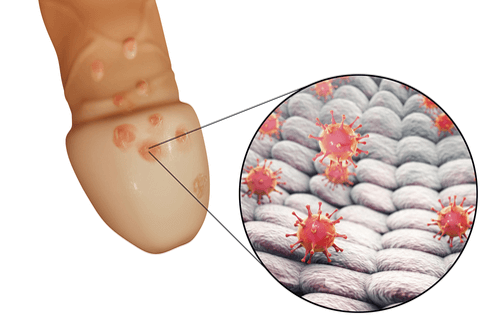
IS HPV HIV?
HPV stands for Human Papillomavirus, which is a virus that can be easily spread through sexual contact while HIV is a virus that attacks the immune system and can lead to AIDS. Although both are sexually transmitted, HPV is not related to HIV, nor are they the same.
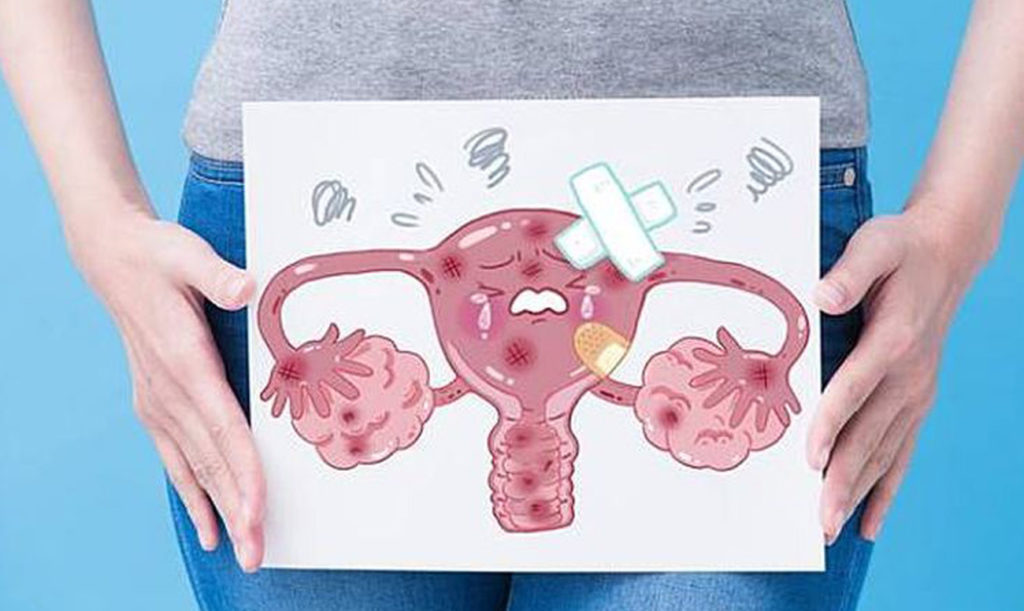
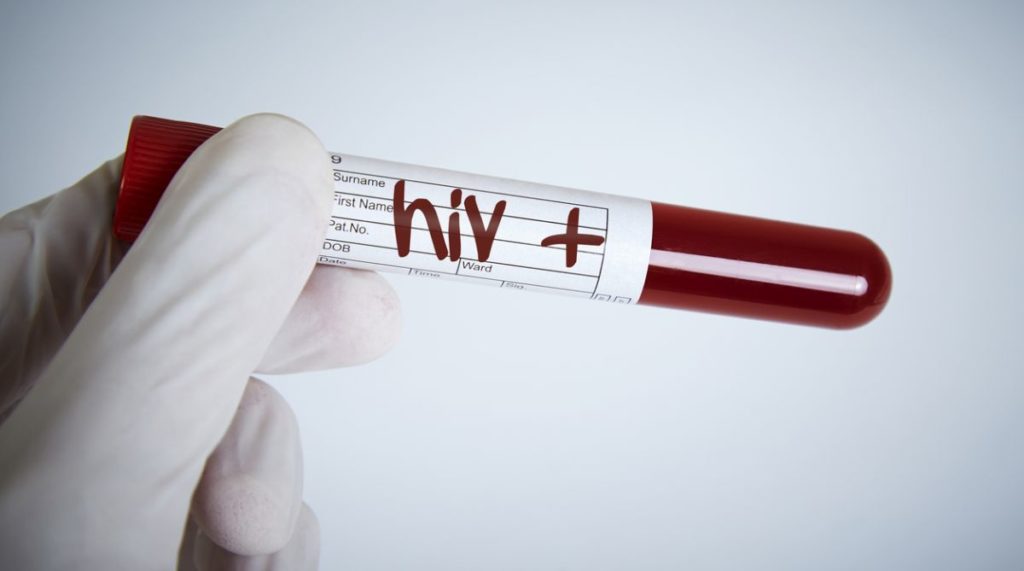
WHO CAN GET HPV?
Both men and women can get infected with HPV through sexual contact with someone who has the virus, including vaginal anal, oral sex or through close skin-to-skin contact touching during sex. The virus is highly contagious and can be passed from one person to another easily!
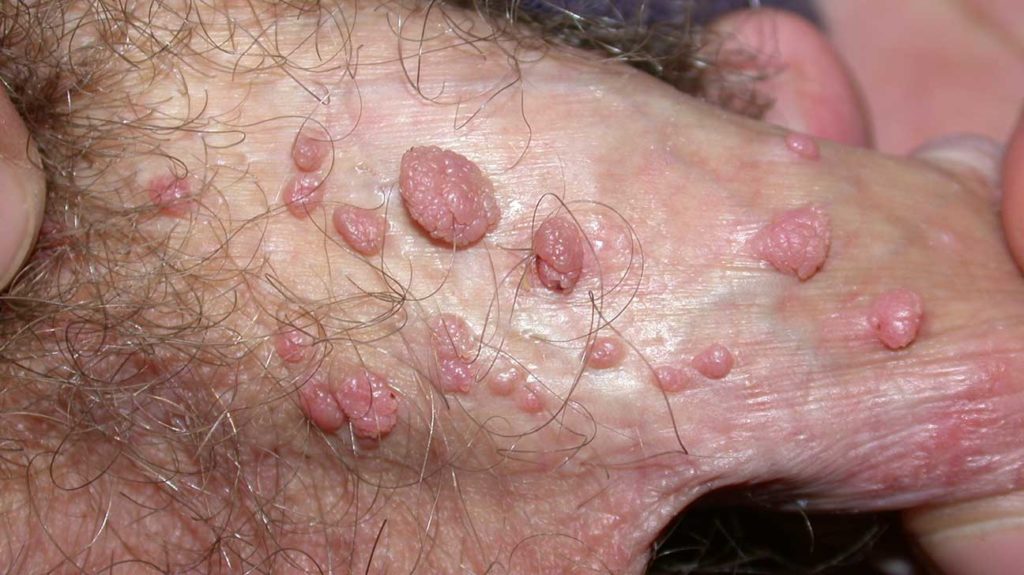
WHAT ARE THE SIGNS OF HPV?
Most people who get HPV never have symptoms. In fact, most people with HPV don’t even know they have it! HPV can cause unusual growths, lumps, or sores, whereas some strains of HPV can cause genital warts.
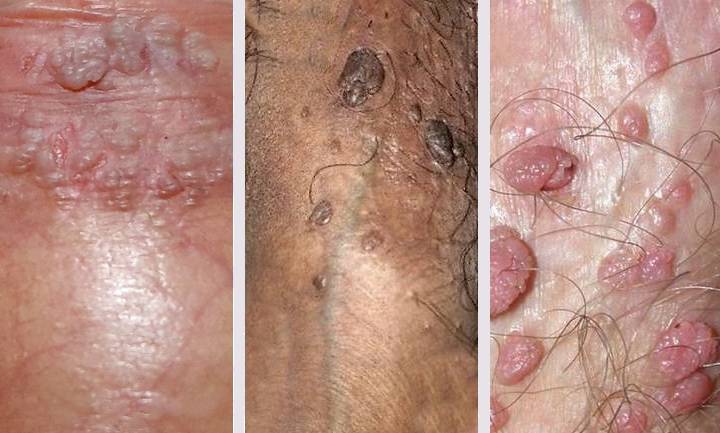
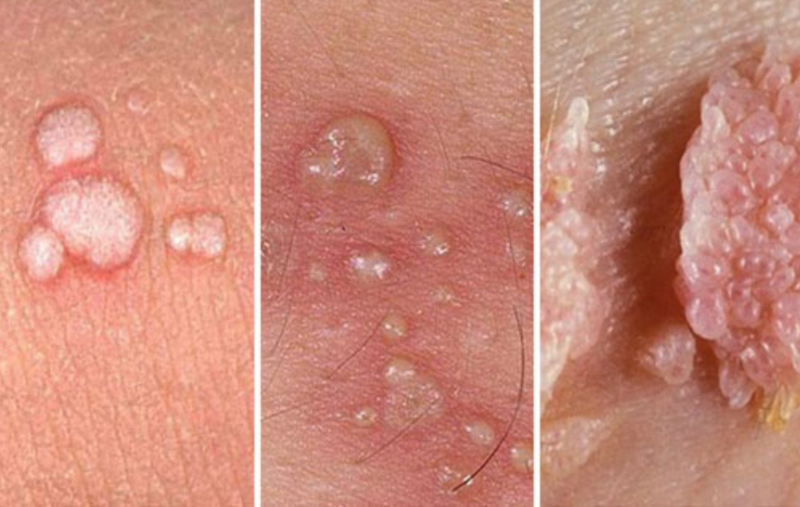
GENITAL WARTS, WHAT?
One such risk of getting infected with HPV is genital warts, which can be unsightly, uncomfortable and difficult to treat. Genital warts usually appear as a small bump or group of pink, flesh-coloured or greyish-white bumps in the genital area. They can be small or large, raised or flat, or grow into larger cauliflower-like shapes. Some have also likened the small, clustered bumps to the head of broccoli.
Genital warts in women can appear on the vulva, inside the vagina or anus, on the cervix and in the groin area. They can also occur in the mouth or throat (eek!) if transmitted through oral sex.
Likewise, genital warts in men can appear on the penis, scrotum, anus and surrounding areas.
While genital warts themselves are not cancerous, they can still be a cause of discomfort and emotional stress. Their appearance can be unsightly and can affect a person’s confidence and self-esteem. For example, a person may feel ashamed of their body and may avoid intimate relationships, or the presence of genital warts can also be a constant reminder of past sexual activity or a previous partner, which can be emotionally distressing. Sometimes, it can lead to anxiety and depression too.
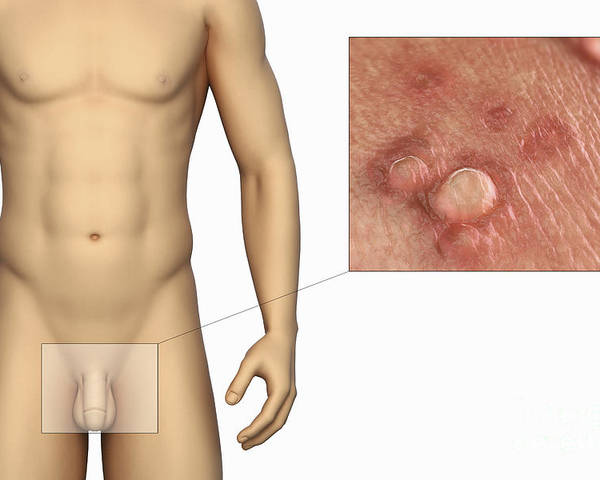
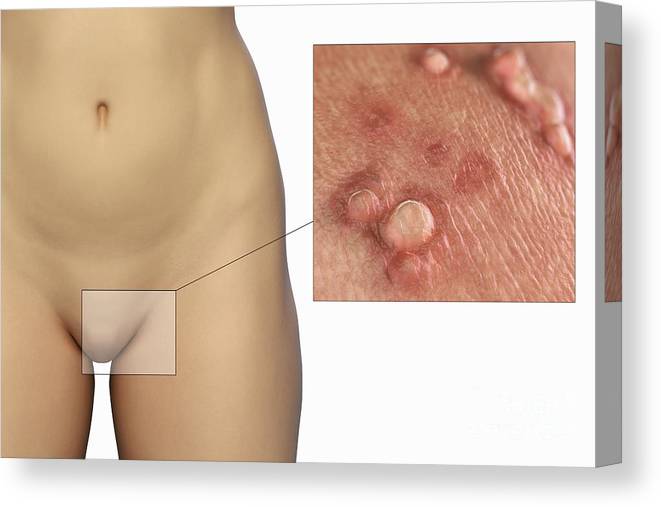
ELECTROCAUTERY – A PROMISING TREATMENT FOR GENITAL WARTS
Fortunately, there are effective treatments available to treat those unsightly creatures that found their sanctuary in your private part!
Such treatment is electrocautery, a procedure that is commonly carried out in aesthetic clinics. The procedure involves using a small device that delivers an electrical current to the affected area, which creates heat that can burn off the warts caused by HPV and remove them in a quick and relatively painless way. The procedure is usually done under local anesthesia to minimise discomfort.
However, as HPV is highly contagious, so much so that the doctor and medical professionals who perform the treatments take precautions such as wearing full PPE to prevent the spread of the virus to themselves and others!
Another advantage of electrocautery is its effectiveness. The heat generated by the electrical current can kill the virus that causes the warts, which means that the warts are less likely to recur.
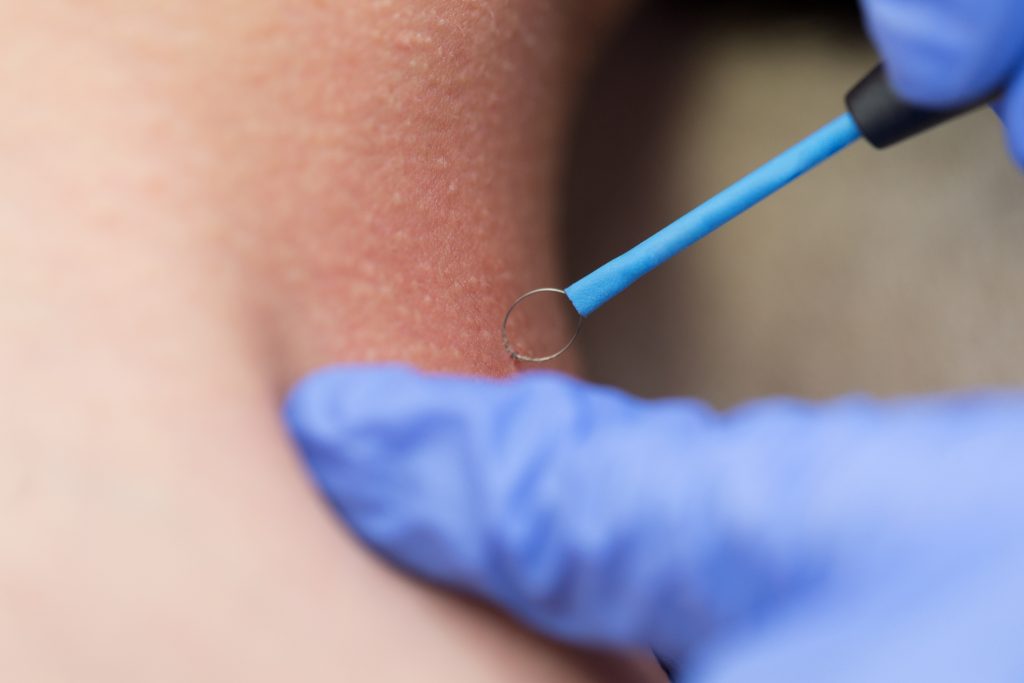
FUTURE-PROOFING OUTBREAKS OF GENITAL WARTS
While electrocautery is a commonly used procedure for removing visible genital warts, antibiotics are also an important aspect of treating underlying infections caused by HPV. This can help prevent future outbreaks of genital warts.
Antibiotics work by targeting the bacteria that cause the infection, which can help to prevent the growth and spread of genital warts. It is important to note however, that antibiotics do not treat the virus itself. HPV is a virus, and once a person has contracted the virus, it remains in their system for life.
In short, while electrocautery works to burn off any physical signs of genital warts and antibiotics target the bacteria that cause the infection, they cannot cure HPV.

DON’T LET WARTS TAKE OVER YOUR PRIVATE PARTS ANYMORE
Practice safe sex and seek help from a trusted aesthetic clinic by calling Premier Clinic at +6012-662 5552 if you want to get rid of your genital warts and be a more confident you.
REFERENCE
Related posts
Join The Beauty Loop
Be the first to know about our time-limited, exclusive promos


